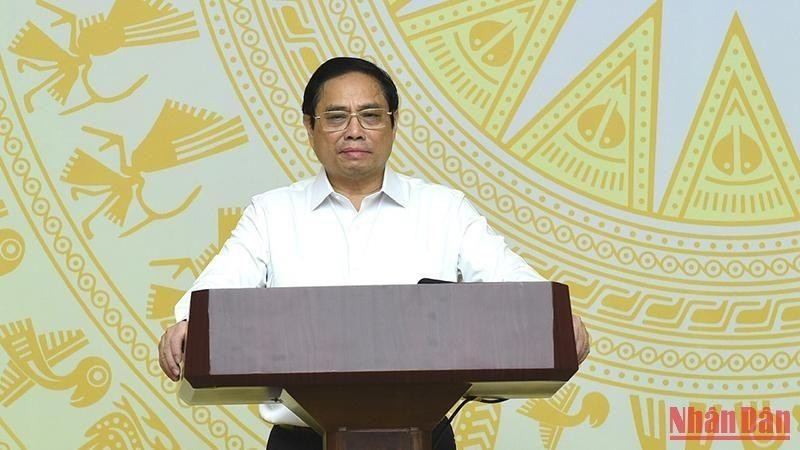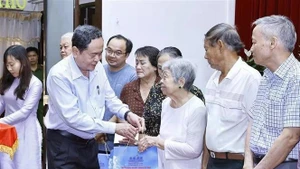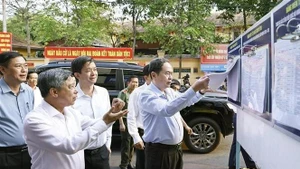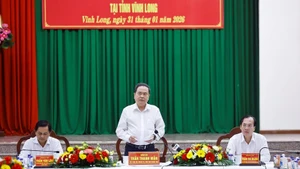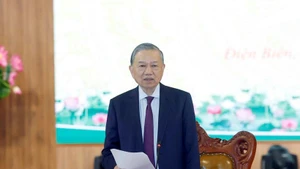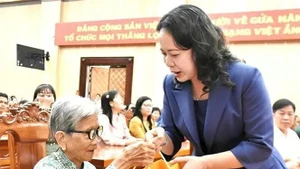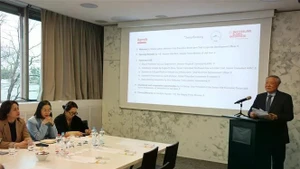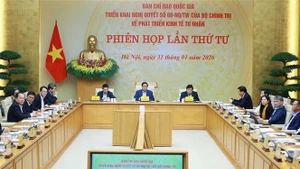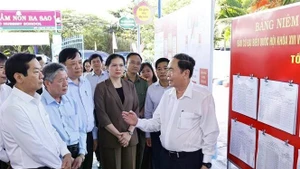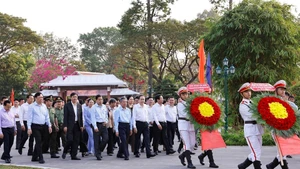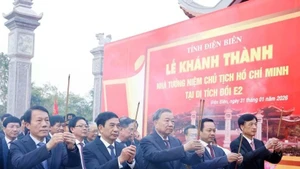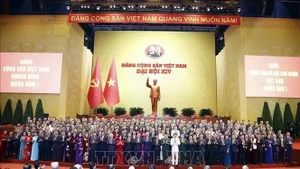He said the Vietnamese Party and State always pay attention to labour market and consider human resources one of the three strategic breakthroughs for socio-economic development.
After switching to the strategy of safely and flexibly adapting to and effectively controlling the COVID-19 pandemic, the domestic labour market has gradually recovered, making important contributions to socio-economic development. The rate of employment keeps rising while that of unemployment drops, he said, adding however that challenges remain ahead.
According to him, the labour market has yet to keep pace with the economic structure transition as well as industrialisation, modernisation, digital transformation and global integration.
He attributed that to the lack of policies related to market quality management, regulations on labour standards and relations, and limited connectivity between domestic and foreign labour markets. At the same time, education-training has yet to meet requirements for workforce development, especially in hi-quality and new fields.
The leader added that the socio-economic recovery and development programme is underway at a total cost of 340 trillion VND (14.7 billion USD), or nearly 4% of the gross domestic product, focusing on health care, social welfare, support for enterprises, infrastructure and administrative reform to create a safe and transparent business environment, thus attracting more investment and generating more jobs.
To have hi-tech industries, hi-quality workforce are needed, he said and called for attention to training and salary reform, continuing to perfect laws up to international standards committed by the country, developing a system of labour market information, employment service centres, vocational training establishments and social welfare net.
The PM suggested building a modern and transparent labour market governance system, pooling resources to build multi-layered labour market forecast system at the provincial, regional and national level, diversifying credit sources to generate jobs in service of digital transformation, particularly for vulnerable persons in remote and mountainous areas.
He noted that the Government recently held a conference on housing support with an aim to build at least 1 million houses for workers and low-income earners by 2030.
It is a must to tackle difficulties in linking vocational training with enterprises, as well as offer incentives to workers for skill improvement, he said.
On the occasion, he expressed his hope that international organisations will continue offering financial support to Vietnam and share their experience in labour market management.
PM Chinh directed the Ministry of Labour, Invalids and Social Affairs to work closely with other ministries, agencies, localities, associations and businesses to collect feedback at the event and soon submit to him for consideration.
